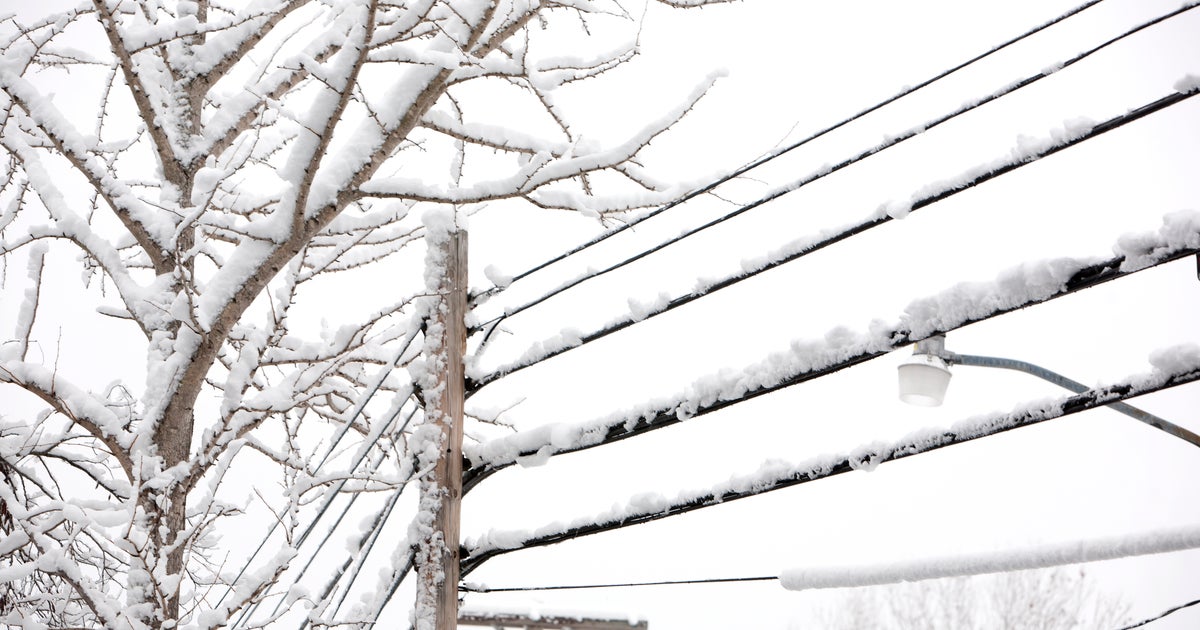Bill banning legacy admissions in all California colleges and universities passes Assembly
A bill from a Bay Area lawmaker that would ban legacy admissions at public and private colleges in California has passed the State Assembly.
On Tuesday, lawmakers approved Assembly Bill 1780 by Assemblymember Phil Ting (D- San Francisco). The bill now heads to the State Senate for consideration.
"If you work hard, get good grades and have a well-rounded background, your spot should not be taken by someone else just because their family can write a big check or is a graduate of that school," Ting said in a statement.
Christian, a senior at Stanford and first-generation college student, said he supports Assembly Bill 1780.
"As someone who doesn't have anyone in my family who went to college, it doesn't really feel fair. Especially since they just got rid of affirmative action, so they're not even trying to get people from communities like mine who don't have access to this anymore. The little thing that was giving us a little bit of equity has already been removed," he said. "'We're just going to let people in who have connections to the school' kind-of sucks because what about us? What about this large population of students who can do great here who just don't have access."
Ting said the measure is in response to a U.S. Supreme Court ruling last year that bans race considerations in the college admissions process.
While the University of California, California State University and community college systems don't consider donor or alumni ties in admitting students, Ting said other schools in the state continue to use legacy admissions.
Ting's office provided enrollment data from Fall 2022. At Stanford University, 287 out of 2,075 admitted students that year had donor or alumni ties, or 13.8%. At Santa Clara University, 1,133 of 8,677 admits had such ties (13.1%).
In an interview with CBS Bay Area, Ting said the bill aims to provide equity around an unfair "backdoor."
"I think the irony with legacy admissions is legacy admissions help the families who absolutely need the least amount of help in this country. They are at the top 1%. They earn over $600,000 a year. Right now, it is absolutely odd that we are trying to have a policy that helps them. Even if they don't get into Stanford, they have so many opportunities. They have a big safety net," Ting said. "We have this idea that applying to college is about meritocracy. It's about merit, it's about your tests scores, your grades, and (how you've) performed. And to find (that's actually) not the case for about 14% of students at USC, Stanford, and Santa Clara is very surprising."
If approved, California would join Maryland in banning legacy admissions at public and private institutions. Colorado and Virginia have banned legacy admissions at both public universities and colleges.



